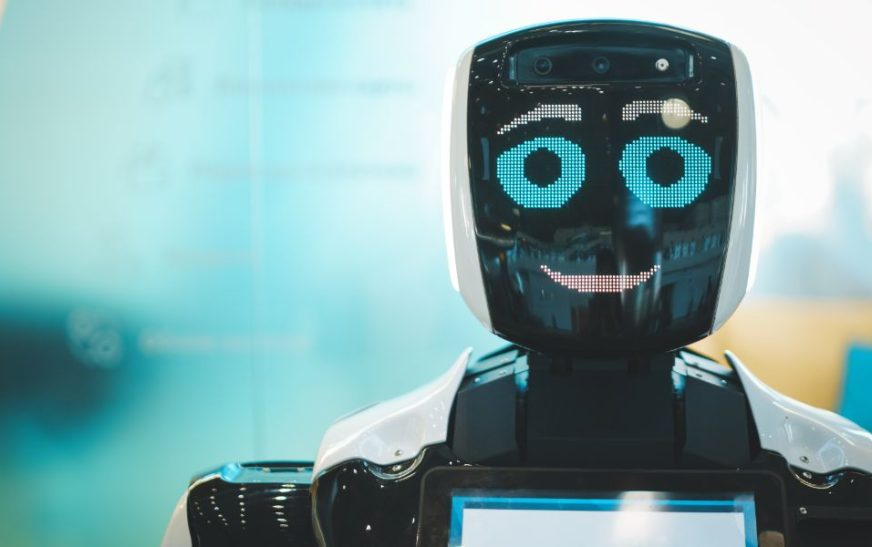In an ever-evolving world of technology, the concept of smart homes has become increasingly prevalent. These homes are equipped with devices and systems that can be controlled remotely, making our lives more convenient and efficient. However, the real game-changer in the world of smart homes is the emergence of emotionally intelligent assistants. In this comprehensive guide, we will delve into what emotionally intelligent assistants are, how they work, and the impact they are having on the way we interact with our smart homes.
Understanding Emotionally Intelligent Assistants
Emotionally intelligent assistants are AI-driven programs designed to recognize and respond to human emotions. Unlike conventional smart home devices, they can gauge the user’s emotional state and adapt their responses accordingly. This understanding of human emotions opens the door to a more natural and empathetic interaction.
How Emotionally Intelligent Assistants Work
These assistants use a combination of voice recognition, natural language processing, and machine learning to interpret emotional cues in speech, tone, and facial expressions. They can recognize when you’re happy, sad, or frustrated and adjust their responses accordingly. It’s like having a virtual friend who understands your feelings.
Benefits for Smart Home Solutions
Emotionally intelligent assistants are the missing link that makes smart homes truly smart. They can optimize your smart home solutions to match your mood and preferences. For example, if you’re feeling stressed, your assistant can dim the lights, play soothing music, and adjust the thermostat to create a relaxing atmosphere.
Best Smart Home Devices with Emotionally Intelligent Assistants
The best smart home devices are now integrating emotionally intelligent assistants. From voice-activated speakers to smart thermostats, these devices are designed to enhance your comfort and convenience by adapting to your emotional state. It’s not just about control; it’s about making your life more enjoyable.
Work Smart, Live Smart
As remote work becomes more common, emotionally intelligent assistants have a significant role to play. They can create a productive work environment by adjusting lighting, temperature, and music to suit your needs. It’s like having a personal assistant who knows your work habits and helps you stay focused.
Emotionally Intelligent Assistants vs. Conventional AI
To truly appreciate the difference, it’s essential to compare emotionally intelligent assistants to conventional AI. While traditional AI is functional, it lacks the ability to understand and respond to emotions. Emotionally intelligent assistants take smart home interactions to a whole new level.
Ensuring Privacy and Security
With the integration of emotionally intelligent assistants comes the need for stringent privacy and security measures. These devices must handle emotional data with the utmost care, ensuring that user information remains confidential and secure.
The Future of Smart Living
The journey has just begun, and the future of smart living looks promising. Emotionally intelligent assistants are poised to become integral to our daily lives, transforming the way we interact with technology and our homes.
Final Words
Emotionally intelligent assistants are not just gadgets; they’re companions that understand your feelings and adapt to your needs. They represent a leap forward in making technology more human-centric and are poised to redefine the way we live in smart homes.
Commonly Asked Questions
Q1: Are emotionally intelligent assistants compatible with existing smart home devices?
A1: Yes, many emotionally intelligent assistants can integrate with a wide range of smart home devices. Compatibility depends on the specific assistant and the devices you own.
Q2: How do emotionally intelligent assistants recognize emotions?
A2: They use advanced algorithms to analyze voice, tone, and facial expressions. These cues help them understand your emotional state.
Q3: Can emotionally intelligent assistants improve my mental well-being?
A3: They can create a more comfortable and pleasant environment, which can positively impact your mood and mental well-being.
Q4: Do emotionally intelligent assistants store my emotional data?
A4: Most reputable emotionally intelligent assistants are designed to prioritize user privacy and may not store or misuse emotional data.
Q5: Are emotionally intelligent assistants suitable for business use?
A5: Absolutely. They can enhance productivity and create a more pleasant work environment, making them valuable in business settings as well.

















